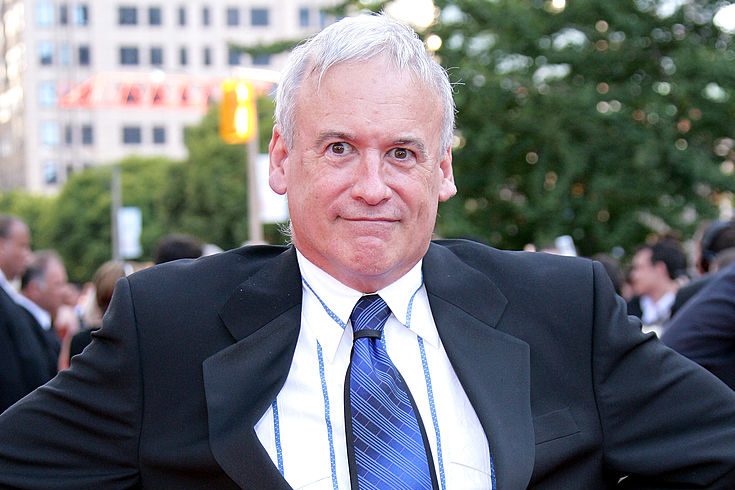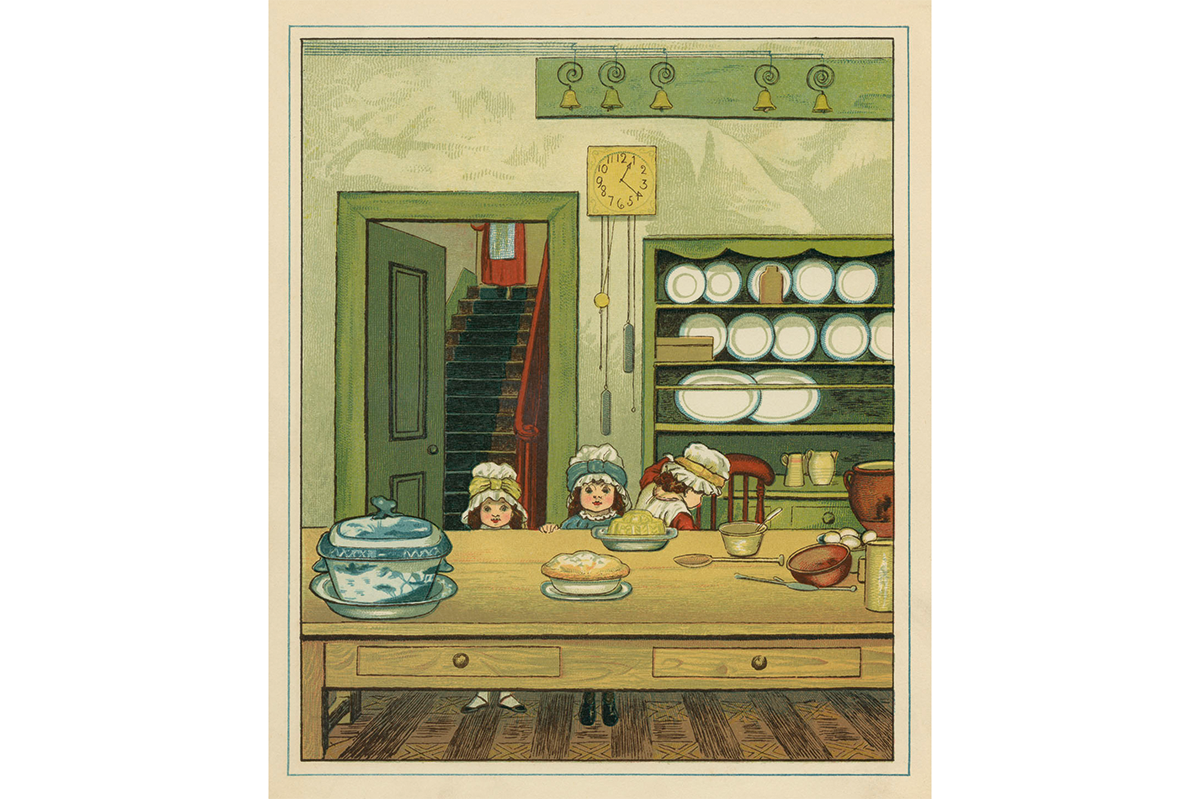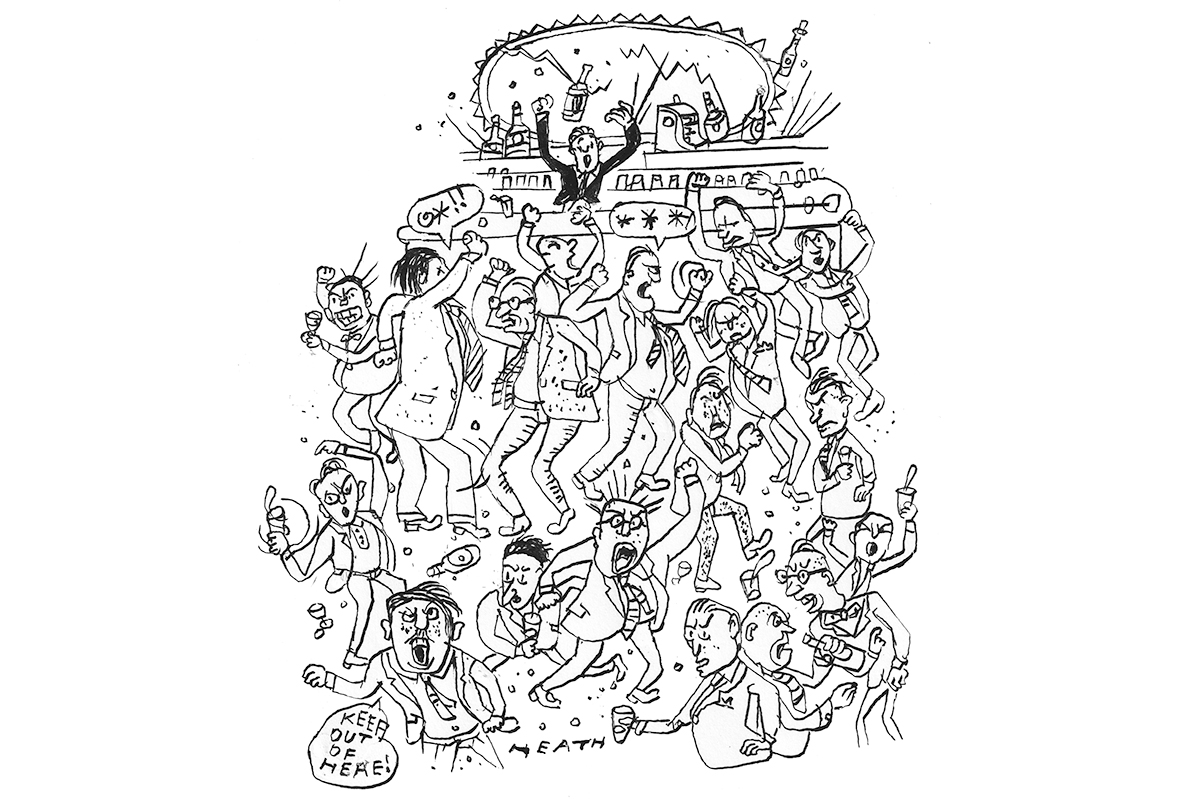Once upon a time, there was a hugely successful children’s author named Robert Munsch. His books (more than 70!) sold in many, many copies; he became famous, and people gave him top awards like the Juno and the Order of Canada. They even named schools after him.
More gloriously yet, he became the most stolen author in the Toronto Public Library.
He was in high demand as a storyteller, and children from everywhere used to write him letters. And he would write back, often with personalized stories (which they loved) featuring them and their classmates.
Like all of us, he had his sorrows. He and his wife lost two children, which led him to write one of his best-known works, Love You Forever. Eventually they became adoptive parents of three. And when he told people about the hard things he had survived, he mentioned his efforts to cope with mental health issues, suicidal thoughts and addiction – all things that had become manageable with the right medication and the right support. Through it all, he told stories, wrote stories, lived stories.
Then, one day, he began to feel his mind wasn’t working as sharply as it once had. He kept falling off his bicycle, and had trouble parking his car. He went to the doctor and the doctor told him he had dementia. He had a harder and harder time telling stories.
Now at this point in the story we should mention that Munsch, though he was born in the US, now lived in Canada. And Canada, sadly, is a country where discouraged, lonely, or frightened people can legally be killed, if they get permission from the government. It’s called MAiD – medical assistance in dying.
We don’t know exactly what Robert was thinking at this stage, but it seems a safe bet that he was sad at the loss of his storytelling abilities, which had brought him such joy, such artistic connection to the world, such professional success. It seems likely too that he was afraid as he wondered what a future with dementia would hold.
And there’s a chance that he felt very lonely. Without his unique artistic abilities, with gradually decreasing control over his mind and body, who would he be? Who could he be? Would he be able to love anyone, and would anyone be able to love him?
The author of Love You Forever should have known the answer to that question. And yet, in the eleventh hour of a life most people would see as successful and happy, he did something terrible (though perhaps, as he lived in Canada where this practice was becoming more and more common, he didn’t realize quite how terrible it was).
He applied for MAiD, to get authorization to be killed by a doctor – and he got it. But he didn’t use it right away. He let everyone know that he’d tucked it away in a drawer, a wicked little insurance policy, to be gotten out if ever he felt too sad or too afraid. In the meantime, life has gone on. According to his daughter, he is doing well and doesn’t expect to die any time soon. Perhaps he’ll even live out his days peacefully to the end.
But he has done something terrible, whether he realizes it or not. In making all this public, he is letting his fame be used to normalise, even promote assisted suicide.
Because of his example, people who yesterday were enduring pain in hopes of happier times, may choose today to give up.
Because of him, vulnerable elderly people will be subjected to even more pressure to see themselves as burdens, rather than beloved and precious human beings.
Because of him, disabled and incapacitated people will be treated with a little more contempt, a little less patience – perhaps even dismissed as the “turnip” or “lump” Munsch jokes he may one day become.
It is ironic that a man whose life was storytelling is now – deliberately or not – suggesting people should burn the book because they’re afraid to read the last chapter.
Many years ago, Munsch studied for the priesthood. He abandoned his Catholic faith around the same time that he left his studies – sadly, in the religion he left behind, he could have learned what he has clearly not yet understood:
That the weak and incapacitated are worth just as much to God as the healthy; that those who patiently endure suffering, in the nursing home as on the cross, hold the golden key to changing everything: hearts, minds, the world.


























Leave a Reply